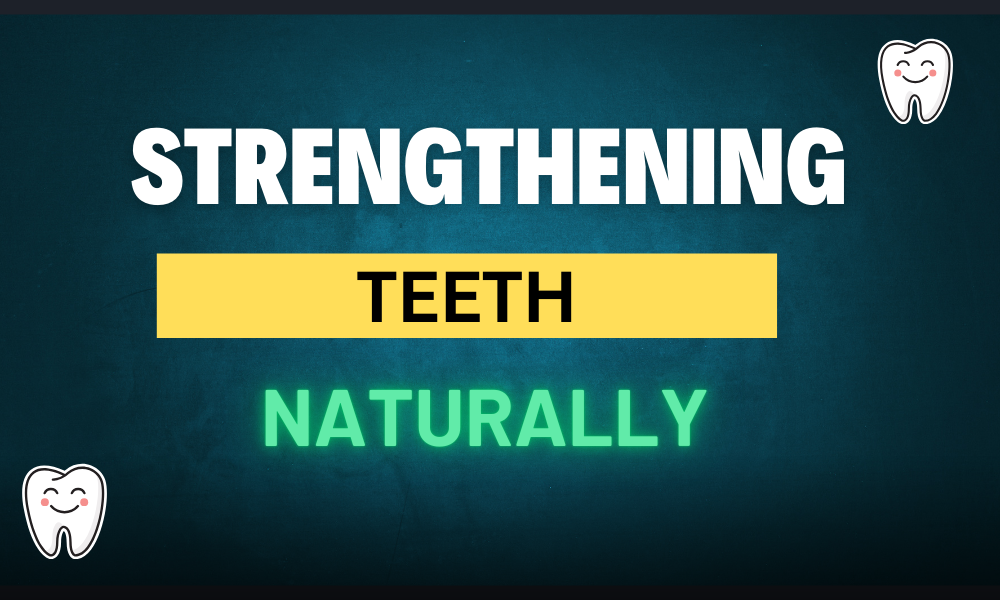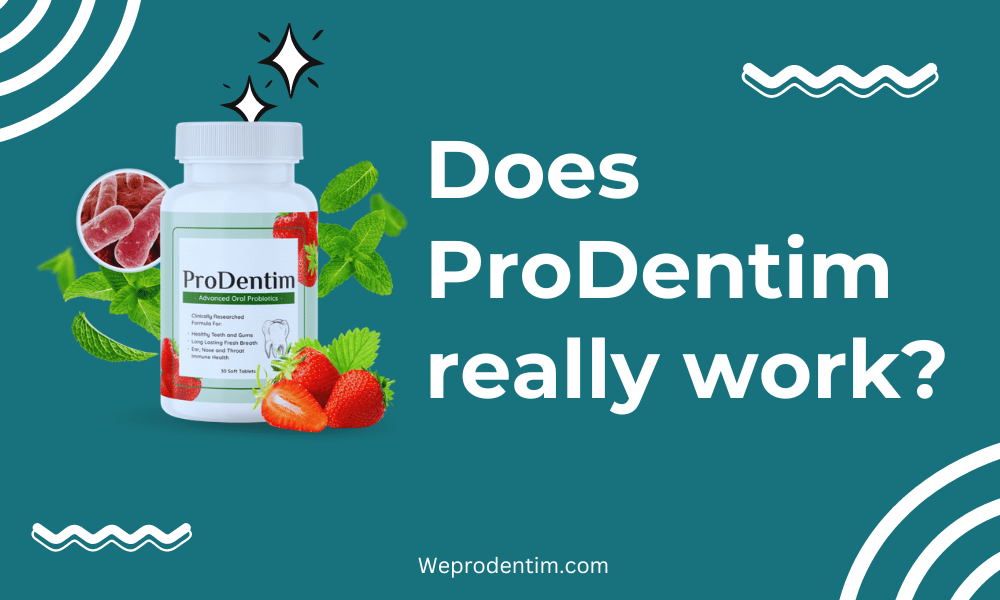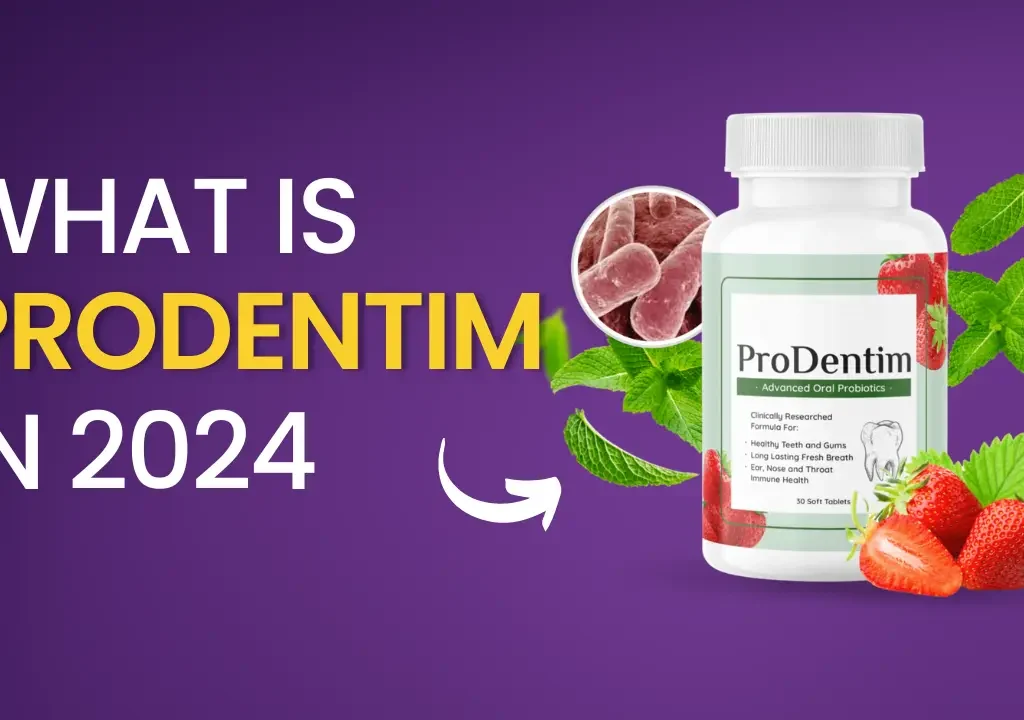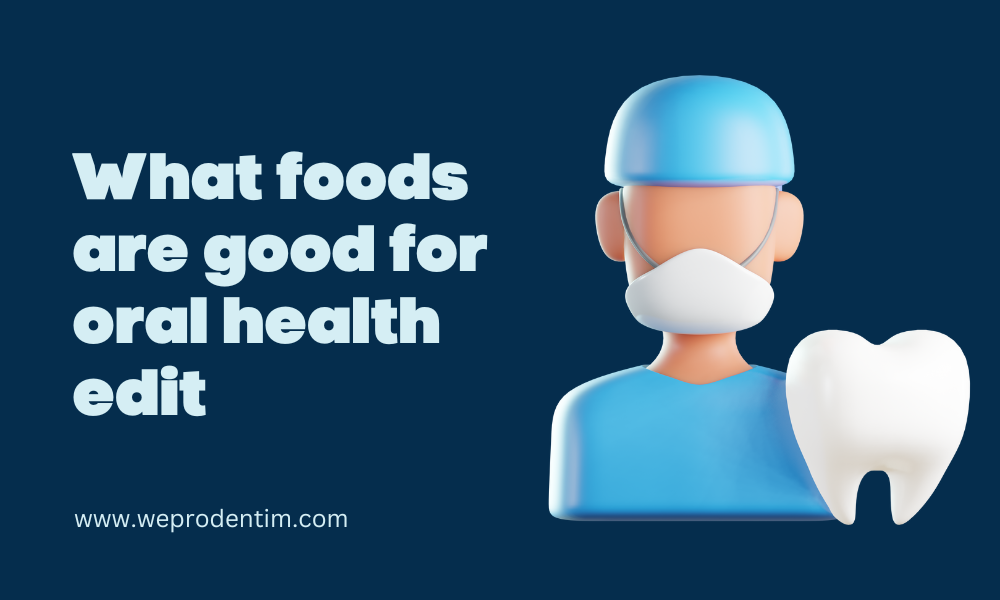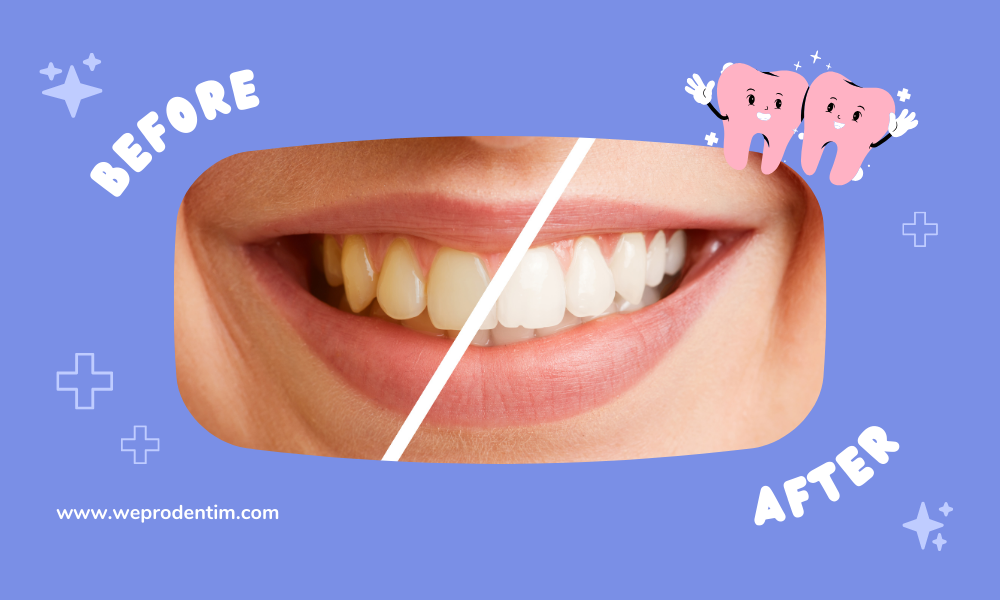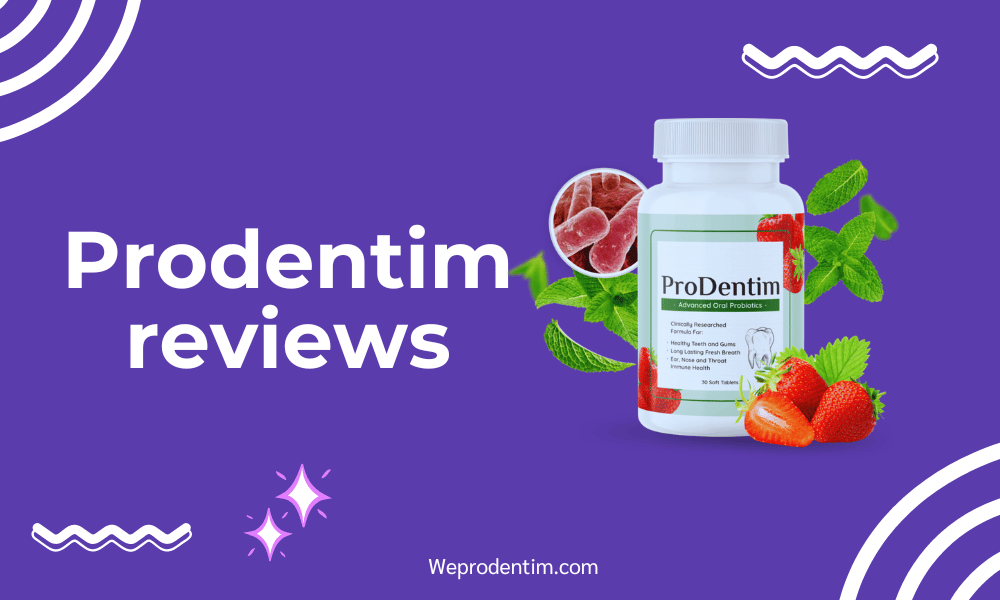How to Improve Oral Health: A Comprehensive Guide
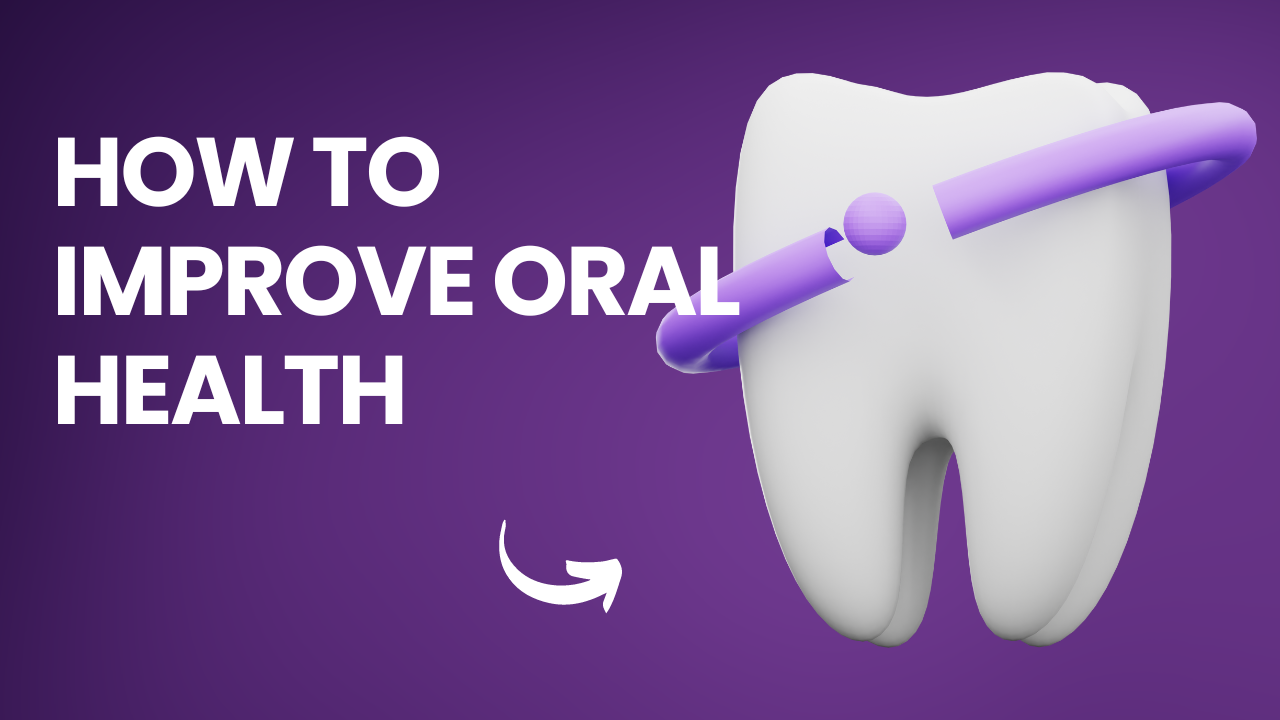
Oral health is a critical aspect of overall well-being that is often overlooked. Good oral hygiene not only prevents cavities and gum disease but also contributes to your general health. Research has shown that poor oral health is linked to several serious conditions, including heart disease, diabetes, and respiratory infections. In this guide, we will explore effective strategies to enhance your oral health and maintain a bright, healthy smile.
1. Brush Your Teeth Twice a Day
Brushing your teeth at least twice a day is the foundation of good oral hygiene. Use a fluoride toothpaste and a soft-bristled toothbrush to gently clean all surfaces of your teeth. Make sure to brush for at least two minutes each time, ensuring that you reach all areas, including the back molars and along the gumline. Replacing your toothbrush every three to four months, or sooner if the bristles are frayed, is also essential for effective cleaning.
2. Floss Daily
Flossing is an often-neglected aspect of oral care that is crucial for removing plaque and food particles from between your teeth and under the gumline. These are areas that your toothbrush cannot reach. Daily flossing helps prevent cavities and gum disease by keeping these hard-to-reach areas clean. If traditional floss is challenging to use, consider alternative tools like dental picks, pre-threaded flossers, or water flossers.
3. Use Mouthwash
Incorporating an antimicrobial or fluoride mouthwash into your oral hygiene routine can provide additional protection against tooth decay and gum disease. Mouthwash can reach areas that brushing and flossing might miss, helping to reduce plaque and freshen your breath. Be sure to choose a mouthwash that suits your specific needs, whether it’s for cavity prevention, gum health, or breath freshening.
4. Maintain a Healthy Diet
Your diet plays a significant role in your oral health. Foods high in sugars and starches contribute to the production of acids that can erode tooth enamel and lead to cavities. To improve your oral health, limit your intake of sugary snacks and beverages. Instead, opt for a balanced diet rich in fruits, vegetables, lean proteins, and whole grains. Foods high in calcium, such as dairy products, leafy greens, and nuts, help strengthen your teeth and bones.
5. Stay Hydrated
Drinking plenty of water throughout the day is beneficial for your oral health. Water helps wash away food particles and bacteria, reducing the risk of cavities and gum disease. Fluoridated water is especially beneficial, as it helps strengthen tooth enamel and prevent decay. Additionally, staying hydrated keeps your mouth moist, which is essential for maintaining a healthy balance of bacteria in your mouth and preventing dry mouth, a condition that can increase the risk of oral health issues.
6. Avoid Tobacco Products
Using tobacco products, including smoking and chewing tobacco, is detrimental to your oral health. Tobacco use increases the risk of gum disease, tooth decay, and oral cancer. It also contributes to bad breath and stains your teeth. Quitting tobacco can significantly improve your oral health and overall well-being. Seek support from healthcare professionals, support groups, or smoking cessation programs to help you quit.
7. Regular Dental Check-ups
Regular visits to your dentist are crucial for maintaining good oral health. Professional cleanings remove plaque and tartar that you cannot eliminate with regular brushing and flossing. During your check-ups, your dentist can identify and address any early signs of oral health problems, such as cavities, gum disease, or oral cancer. Most dental professionals recommend scheduling check-ups and cleanings every six months, but your dentist may suggest a different frequency based on your individual needs.
8. Protect Your Teeth
If you participate in contact sports or activities with a risk of impact to your face, wearing a mouthguard can help protect your teeth from injury. Custom-fitted mouthguards provide the best protection and comfort. Additionally, if you grind your teeth at night, your dentist may recommend a nightguard to prevent tooth damage and reduce jaw pain.
9. Limit Alcohol Consumption
Excessive alcohol consumption can lead to oral health issues, including an increased risk of oral cancer, gum disease, and tooth decay. Alcohol can also cause dry mouth, which promotes bacterial growth and plaque formation. If you drink alcohol, do so in moderation and stay hydrated to mitigate its effects on your oral health.
10. Educate Yourself and Your Family
Educating yourself and your family about the importance of oral health and proper hygiene practices is essential for maintaining healthy smiles. Encourage good habits in children from an early age, such as brushing and flossing regularly and visiting the dentist. Set a positive example by maintaining your oral hygiene routine and making dental health a priority.
By following these strategies, you can significantly improve your oral health and enjoy a brighter, healthier smile. Remember that good oral hygiene is a lifelong commitment, and taking care of your teeth and gums will benefit your overall health and quality of life.
